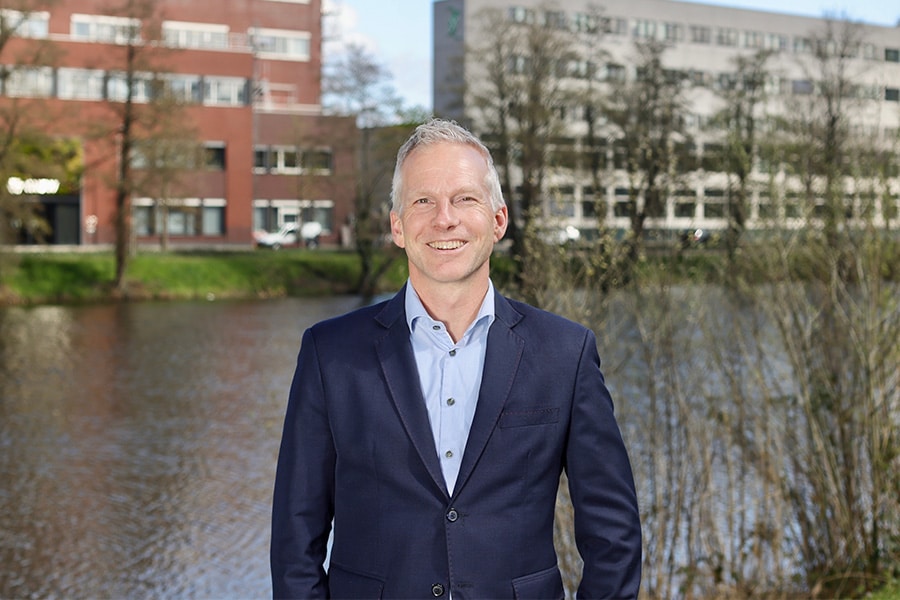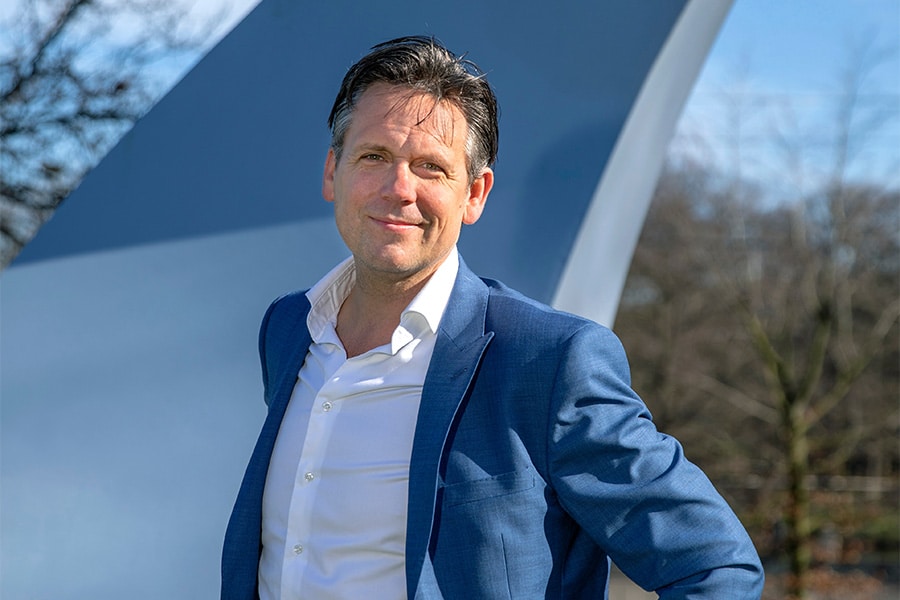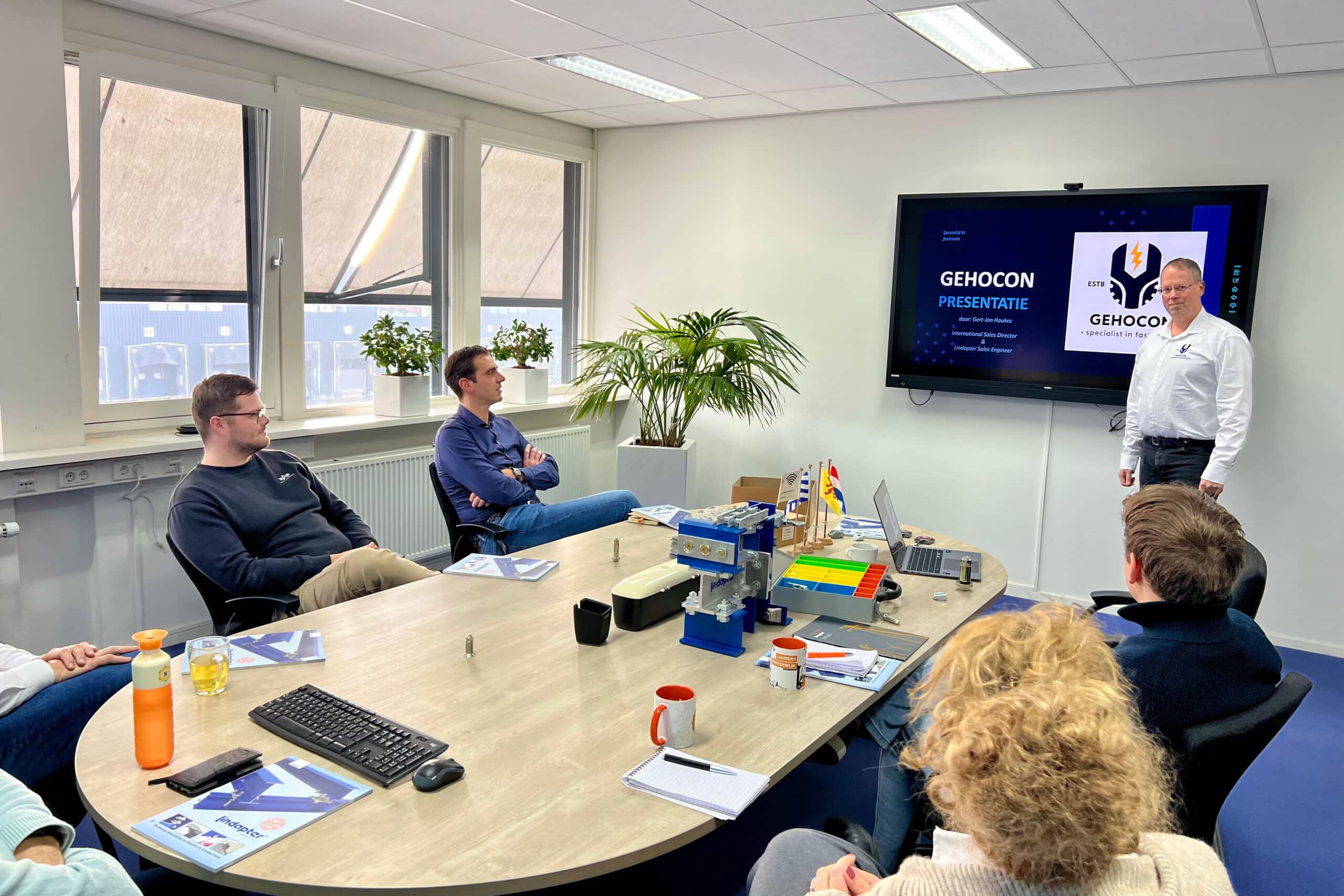
Social innovation
In terms of product and process innovation, I see our sector making great strides. Certainly sustainability, other forms of contracts and digitalization are now prominent on the agenda and have many practical examples. But where is the much-needed social innovation to make our sector both more attractive and more effective in the increasingly tight labor market?
I have been on sabbatical since the beginning of this year. A special period in which, besides doing 'other' things, I learn, expand my network and orient myself to a new job. To this end, I have now held discussions with dozens of organizations within the construction and infrastructure sector. Lately with a focus on the contracting industry. Large, medium and small, listed, private equity owned and family owned, regional, national and international and both specialists and multidisciplinary players. Despite the enormous, fortunately still present diversity, I actually hear quite uniform stories. It is clear to almost everyone that our work has to become smarter, faster and with less environmental impact in the coming years. To that end, we are already investing heavily in data-driven work, the electrification of equipment, robotization, new contract forms and the reuse of raw materials. The sector is clearly moving on many fronts. And that is badly needed, since the housing, water, energy, replacement and renovation challenge for our country is enormous.
And yet I think we are still missing real opportunities. Because although everyone mentions that the tightening labor market is the challenge for the future, I see very little social innovation. Admittedly, there are already great initiatives to improve the inflow into the sector, both from below and from the side, but where are the other forms of collaboration, knowledge development and decision-making? If you have to do more work with the same amount of people, you have to create conditions that make the most of the available labor potential. But increasing labor productivity cannot be achieved with technical and process innovations alone. It also requires other ways of organizing, collaborating, training and leadership. For a different way of dealing with people!
What is needed is the movement from directive (top down) leadership to more participatory leadership. Ensuring more diversity in decision-making and that the voices of young people and minorities are included. Teams given more autonomy and responsibility. Room for co-creation. What is needed are leaders and managers who no longer interfere with the content, but work to improve mutual relationships and other forms of collaboration. Who themselves are lifelong learners and encourage others to continue to develop themselves. What is needed are organizations that, in addition to paying attention to physical safety, really work on social safety. Where vulnerability, openness and empathy are no longer seen as weak, but as essential competencies to really shape all the complex transitions of our time.
These are the things that will make us more attractive in the job market as a sector, increase job satisfaction and productivity, and create the conditions and space for the innovative ideas needed to get work done smarter, faster and with less environmental impact.
In the Netherlands, we have a construction and infrastructure sector with enormous professionalism and commitment, and we can be proud of the steps we are taking in terms of sustainability, digitalization and (chain) cooperation. But if, as a sector, we really want to deliver what BV Nederland needs in the coming years, then every organization will also have to put its foot down in terms of social innovation.
I am happy to pass The Pen to Devlin Matagora of Tennet.




